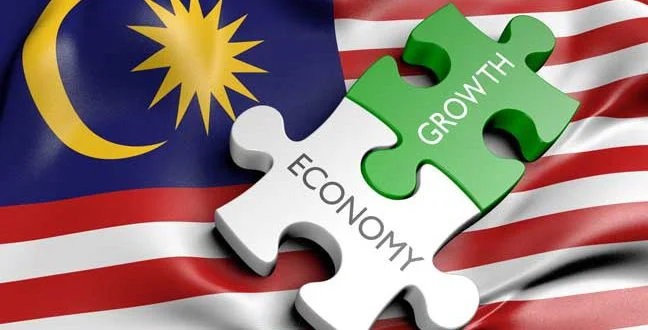

Malaysia is a rapidly developing country with a diverse economy and a population of 33.57 million people. Despite this, many Malaysians struggle with low incomes and high living costs, making it difficult to achieve financial stability. In this article, we will discuss Malaysian income, taxation policies, and strategies for saving money in the current economic climate.
Malaysian Income:
According to data from the Department of Statistics Malaysia, the median monthly household income in Malaysia was RM5,873 in 2019. However, this figure varies significantly between different regions and ethnic groups, with urban areas generally having higher incomes. For example, the median monthly household income in Kuala Lumpur was RM9,073, while in Kelantan it was only RM3,233. Additionally, the Chinese ethnic group has the highest median monthly household income at RM8,292, while the Bumiputera (which includes Malay, indigenous, and other ethnic groups) had a median monthly household income of RM5,228.
Taxation in Malaysia:
Malaysia has a progressive income tax system, meaning that those who earn more pay a higher percentage of their income in taxes. Additionally, Malaysians also pay other taxes, such as sales tax and service tax, on goods and services. While taxation is necessary for the government to provide public services and infrastructure, it can also reduce the disposable income of individuals and families.
Savings Strategies for Malaysians:
Given the high cost of living and income disparities in Malaysia, it is essential for individuals and families to develop strategies for saving money. Here are some practical steps that Malaysians can take to save money and build financial stability:
- Create a budget: The first step in saving money is to create a budget that outlines your monthly income and expenses. Identify areas where you can reduce your spending, such as eating out or shopping for non-essential items, and set realistic goals for saving money.
- Reduce your expenses: Once you have created a budget, look for ways to reduce your expenses. This might involve cooking at home more often, carpooling or using public transportation, or negotiating bills with service providers.
- Save automatically: To make saving money easier, consider setting up an automatic savings plan. This might involve having a portion of your income automatically deposited into a savings account each month or using a budgeting app that rounds up your purchases and puts the extra money into a savings account.
- Invest wisely: While saving money is essential, investing your money can help it grow over time. Consider investing in stocks, bonds, or other investment opportunities that match your risk tolerance and financial goals. However, it is important to do your research and seek advice from a financial advisor before investing.
- Take advantage of government programs: The Malaysian government offers various programs to help individuals and families save money, such as the Employees Provident Fund (EPF) and the 1Malaysia People’s Aid (BR1M) program. Be sure to explore these options and take advantage of any benefits that you are eligible for.
Conclusion:
Improving income and taxation policies and promoting better savings habits are crucial steps for Malaysia to achieve greater economic stability and reduce income inequality. By working together, both individuals and the government can make meaningful progress towards a more prosperous future for all Malaysians. By following these practical steps for saving money, Malaysians can build financial stability and achieve their financial goals.
For more further information, feel free to contact Mr. Gurmit Singh at +60142584067 for more education , signal and registration with Weltrade.
Do join our Education and Signal Group to learn on Education and get free signal : https://t.me/+NfCxZrhbyZIzMGI1
